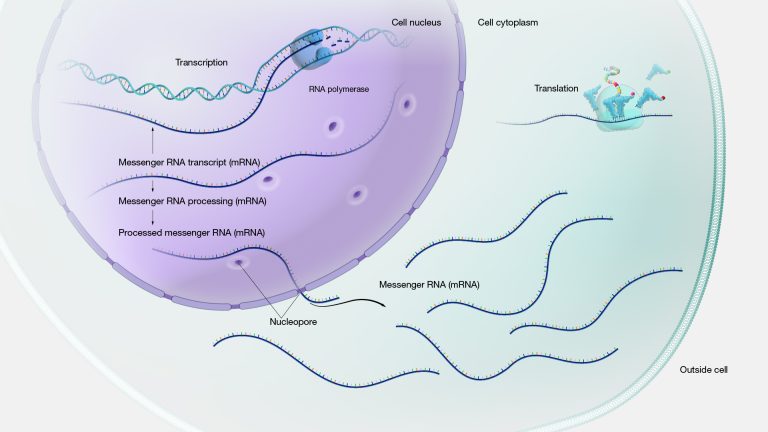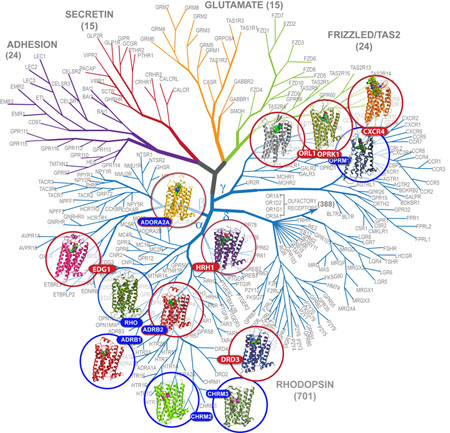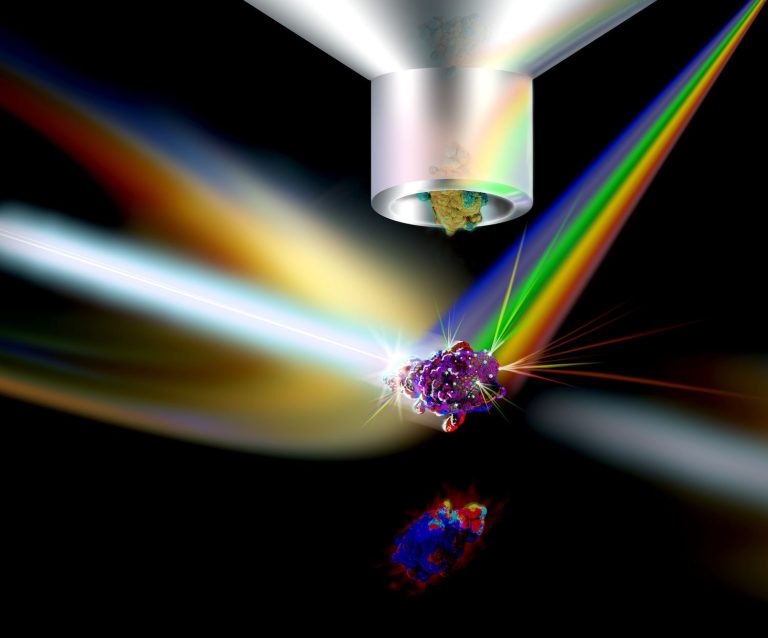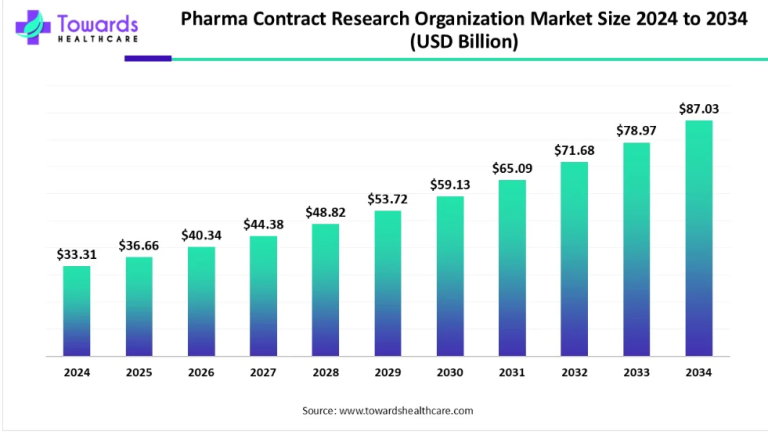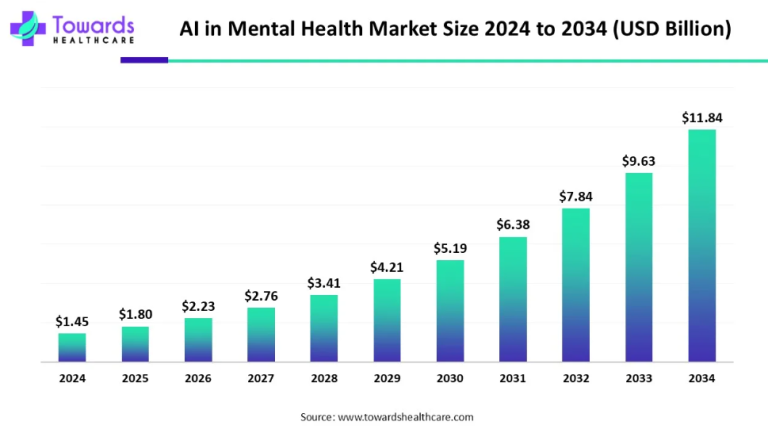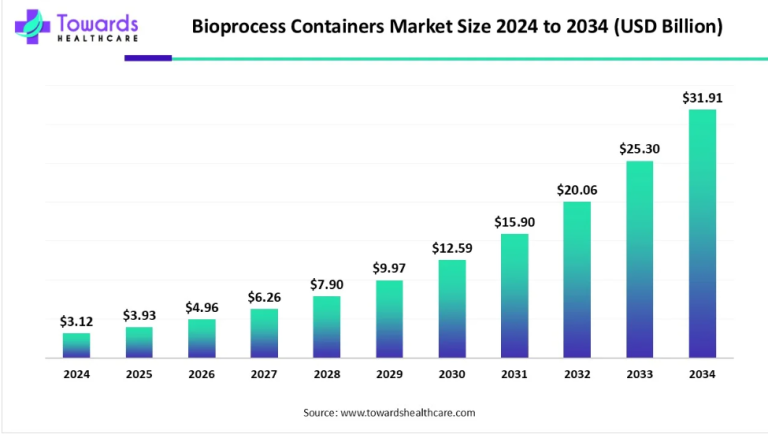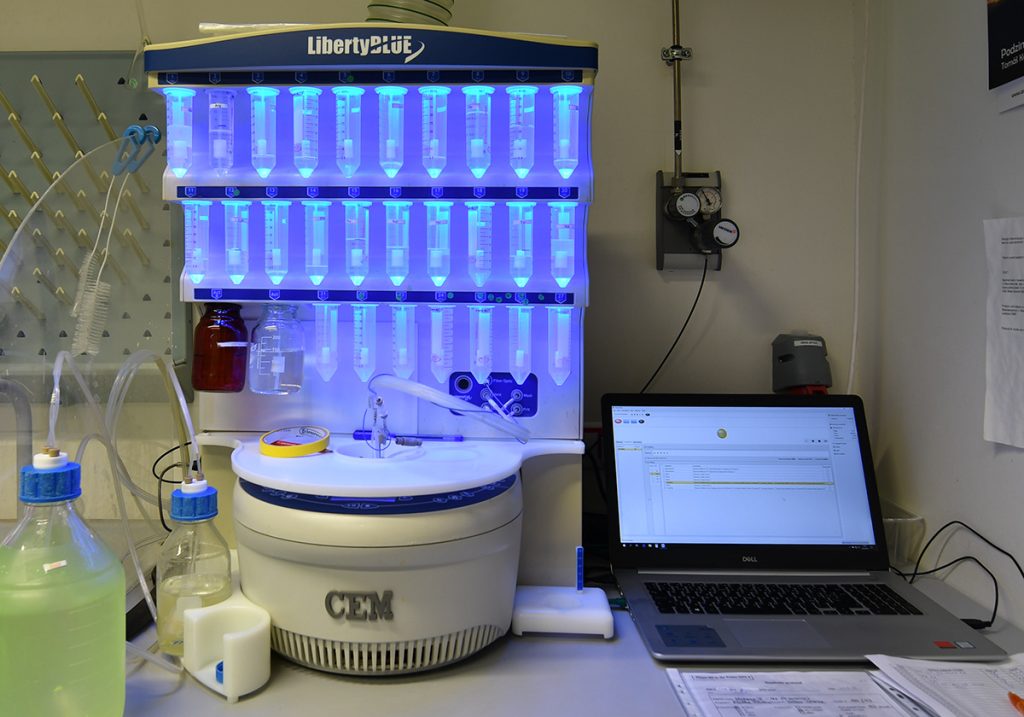
Peptide Synthesis Market Size, Trends and Developments
The global peptide synthesis market was valued at approximately USD 686.59 million in 2024 and is expected to grow to USD 774.06 million in 2025. By 2034, it is projected to reach around USD 2277.59 million, expanding at a compound annual growth rate (CAGR) of 12.74% from 2025 to 2034. This growth is largely driven by the rising incidence of chronic diseases, increasing research and development activities, and advancements in technology.
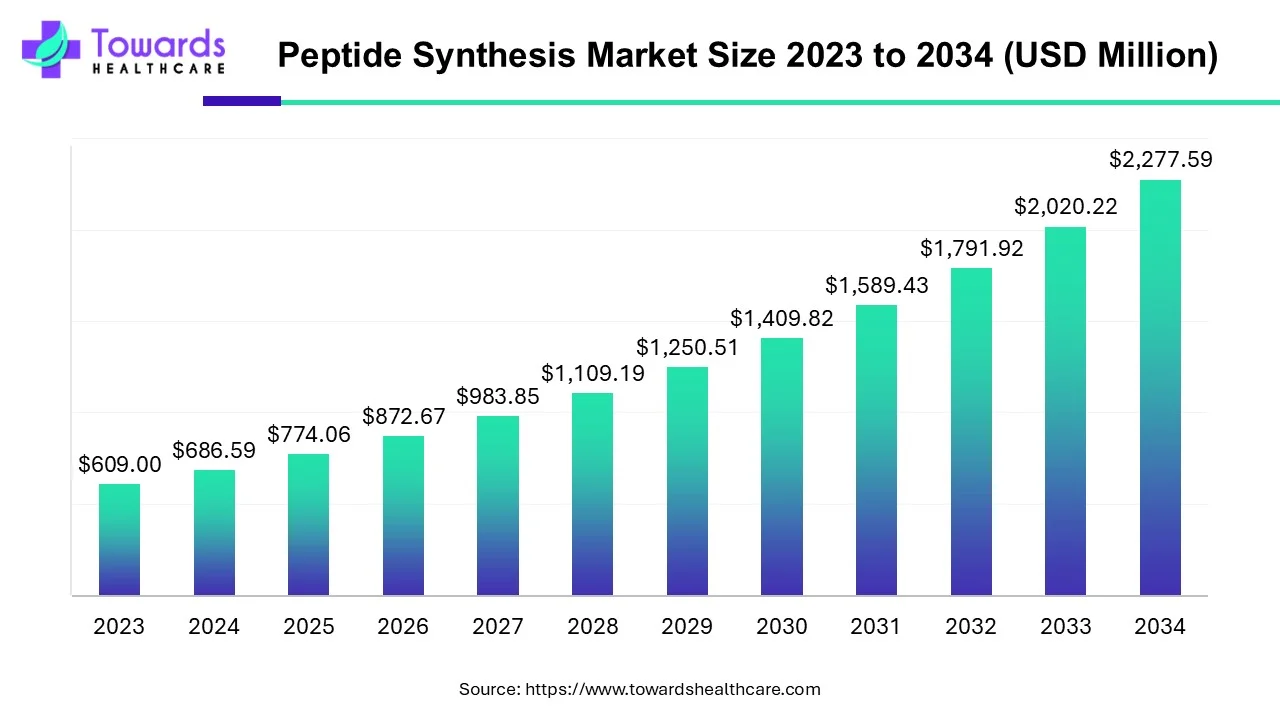
Download statistics of this report @ https://www.towardshealthcare.com/download-statistics/5393
What is Peptide Synthesis?
Peptides are short chains of amino acids that form the building blocks of proteins. The process of peptide synthesis involves connecting amino acids together to form these chains. The two main methods of peptide synthesis are solid-phase and solution-phase synthesis. These peptides are used in a variety of applications, including studying protein functions and developing treatments for chronic conditions like cancer.
Key Drivers of Market Growth
The increase in chronic disorders, such as cancer, is a significant factor driving the demand for peptide synthesis. As more research focuses on creating novel peptides to treat these diseases or explore disease-related proteins, the market for peptide synthesis continues to expand. Furthermore, advancements in biotechnology and cell biology are fostering innovation in peptide development. The growing support from both government and private sector investments, along with public-private partnerships, is further propelling the growth of the peptide synthesis market.
Peptide Synthesis Market Trends
The peptide synthesis market is experiencing significant growth driven by several key trends that are shaping the future of biotechnology and therapeutics. These trends include:
1. Increased Focus on Personalized Medicine
As personalized medicine gains traction, peptides are becoming crucial in developing treatments tailored to individual genetic profiles. Peptides are being explored for their ability to target specific proteins involved in diseases, making them ideal candidates for precision therapies.
2. Rising Demand for Peptide-Based Therapeutics
Peptides are increasingly being used in the development of therapeutics, particularly for treating chronic diseases such as cancer, diabetes, and neurological disorders. Peptide-based drugs are gaining popularity due to their ability to selectively target disease sites with fewer side effects compared to traditional small-molecule drugs.
3. Advancements in Peptide Synthesis Technologies
The adoption of advanced synthesis techniques, such as automated peptide synthesizers and improved solid-phase peptide synthesis (SPPS) methods, is driving efficiency and scalability in peptide production. These advancements are making the synthesis process more cost-effective and allowing for the production of more complex peptides.
4. Growing Research in Biopharmaceuticals
With an increasing number of biopharmaceutical companies focusing on the discovery of novel peptide-based drugs, research in peptide synthesis is accelerating. This is particularly evident in oncology, immunology, and metabolic diseases, where peptides offer new therapeutic avenues.
5. Expanding Applications in Diagnostics
Peptides are being used in the development of diagnostic tools, especially for early disease detection. Their ability to specifically bind to biomarkers makes them valuable in diagnostics, driving further growth in peptide synthesis demand.
6. Rising Investment in Biotechnology
Increased funding and investments in biotechnology and life sciences are facilitating the growth of the peptide synthesis market. Government and private sector funding, as well as collaborations between academic institutions and industry players, are fueling innovation and expansion in this space.
7. Growing Demand for Synthetic Peptides in Cosmetics
The use of peptides in the cosmetic industry is expanding, especially in anti-aging products. Peptides are known for their ability to promote skin regeneration and collagen production, which is driving their demand in skincare and cosmetic formulations.
8. Strategic Partnerships and Collaborations
Partnerships between pharmaceutical companies, biotechnology firms, and academic institutions are accelerating the development of novel peptide therapies. These collaborations enable sharing of expertise, resources, and technology, thereby advancing the peptide synthesis process and its applications.
9. Increased Focus on Peptide Libraries
The use of peptide libraries for drug discovery is becoming more common. These libraries, composed of vast collections of peptides, allow researchers to identify potential drug candidates more efficiently and with greater precision, expanding the scope of peptide-based treatments.
10. Regulatory Advancements and Approvals
Regulatory agencies are increasingly approving peptide-based therapeutics, which enhances their credibility and market acceptance. As regulatory processes for peptide drugs become more streamlined, the development and commercialization of new peptide therapies are accelerating.
These trends indicate that the peptide synthesis market will continue to evolve, driven by technological advancements, growing demand for peptide-based treatments, and expanding applications in various industries.
Our Table of Content (TOC) covers key healthcare market segments, materials, technologies and trends—helping you navigate market shifts and make informed decisions: https://www.towardshealthcare.com/download-statistics/5393
Access exclusive insight now @ https://www.towardshealthcare.com/price/5393
We’ve prepared a service to support you. Please feel free to contact us at sales@towardshealthcare.com
Web: https://www.towardshealthcare.com
Visit Dental Specifics: https://www.towardsdental.com
Get the latest insights on industry segmentation with our Annual Membership: Get a Subscription
For Latest Update Follow Us: https://www.linkedin.com/company/towards-healthcare
